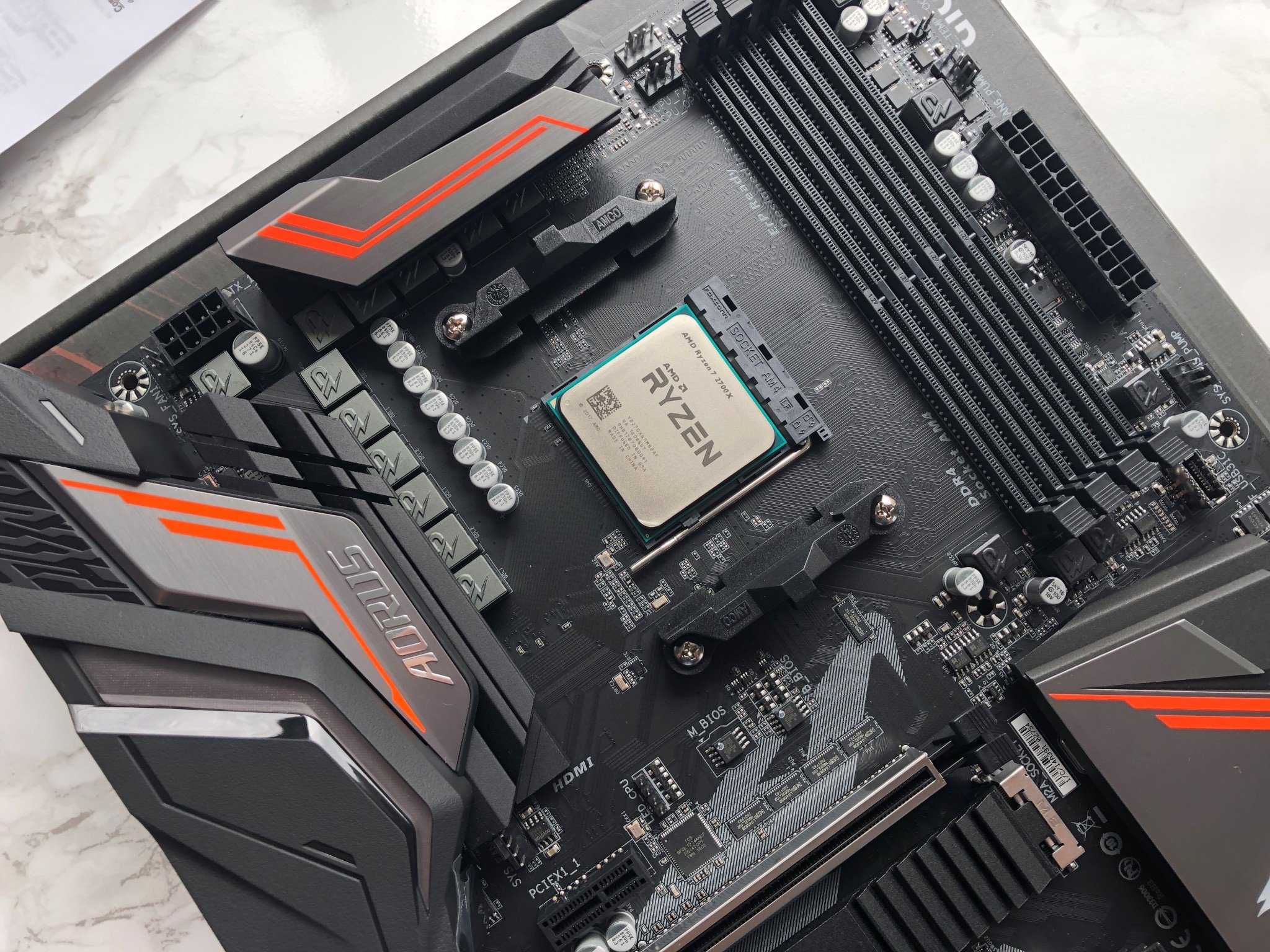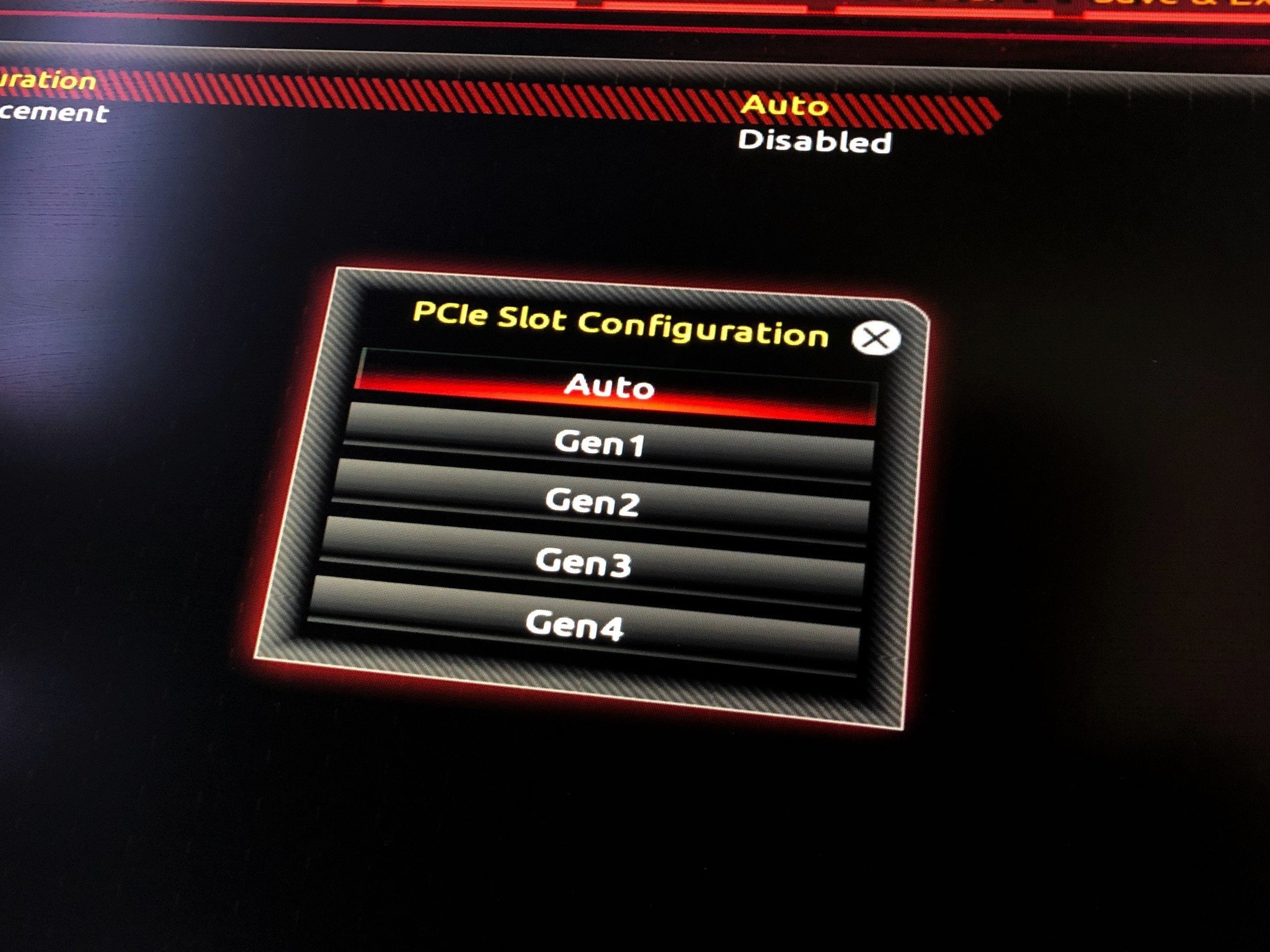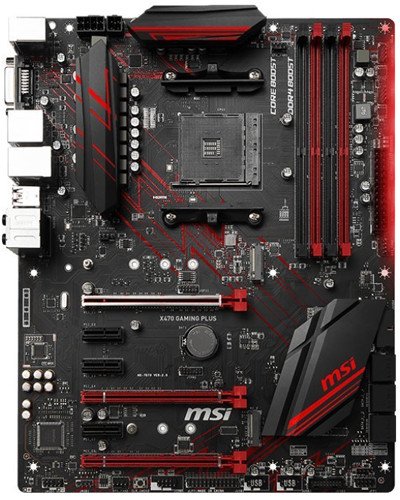Do you need a new motherboard for Ryzen 3000 processors?

All the latest news, reviews, and guides for Windows and Xbox diehards.
You are now subscribed
Your newsletter sign-up was successful
Do you need a new motherboard for Ryzen 3000 processors?
Update before you buy
As with the jump from first- to second-generation Ryzen processors, your current motherboard will support the new Ryzen 3000 series processors thanks to the maintained standard of the AM4 platform. What's required to ensure compatibility is a BIOS update.
The kicker is that if you're upgrading, you need to remember to download the updates first. With your current Ryzen processor installed, grab the latest updates from your motherboard manufacturer and install. Then install the new Ryzen 3000 processor.
It's also a good idea to make sure you have the latest AMD chipset drivers for your motherboard as well. You can get these directly from AMD.
Where to get the latest BIOS for your motherboard
Exact locations vary but the first place to go is the support or downloads section on the website of your motherboard manufacturer. Whether it's Gigabyte, ASUS, MSI, ASRock or another brand, there will be a dedicated support portal available to grab fresh BIOS updates.
In some cases, with Gigabyte for example, the updates may already be available to support Ryzen 3000 ahead of the July 7 launch. There's no time like the present to go and do that.
X570 motherboards will have PCIe 4.0

If you're building a new Ryzen PC, however, there are plenty of reasons just to get one of the new X570 chipset motherboards. For starters, if you don't have access to a current Ryzen processor, getting the necessary updates installed isn't going to come all that easy.
X570 will have a range of benefits, though, and one of those is support for PCIe 4.0. This in itself is a big deal, as it significantly increases the bandwidth available for graphics cards, solid-state drives (SSDs), and other internal components.
All the latest news, reviews, and guides for Windows and Xbox diehards.
X470 motherboards can be updated to offer limited PCIe 4.0 support, Gigabyte's recent release to support the Ryzen 3000 processors also brought this, but that support will be limited.
X570 is the way to go for the best performance, albeit with a higher TDP than the current crop of X470 boards.

Richard Devine is the Managing Editor at Windows Central with over a decade of experience. A former Project Manager and long-term tech addict, he joined Mobile Nations in 2011 and has been found in the past on Android Central as well as Windows Central. Currently, you'll find him steering the site's coverage of all manner of PC hardware and reviews. Find him on Mastodon at mstdn.social/@richdevine

